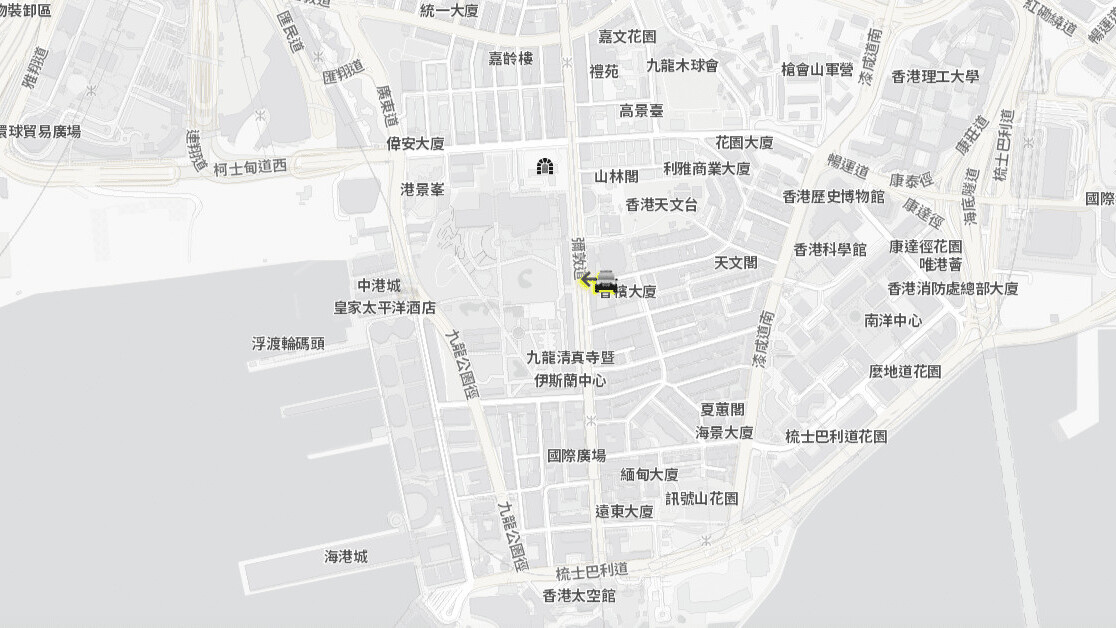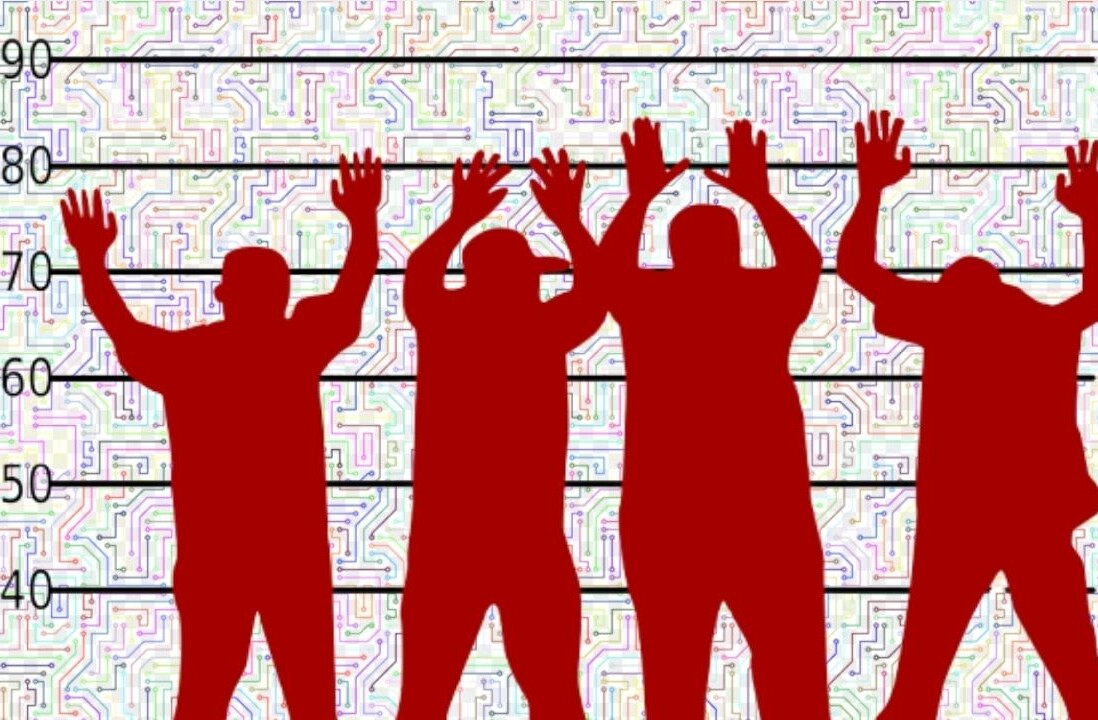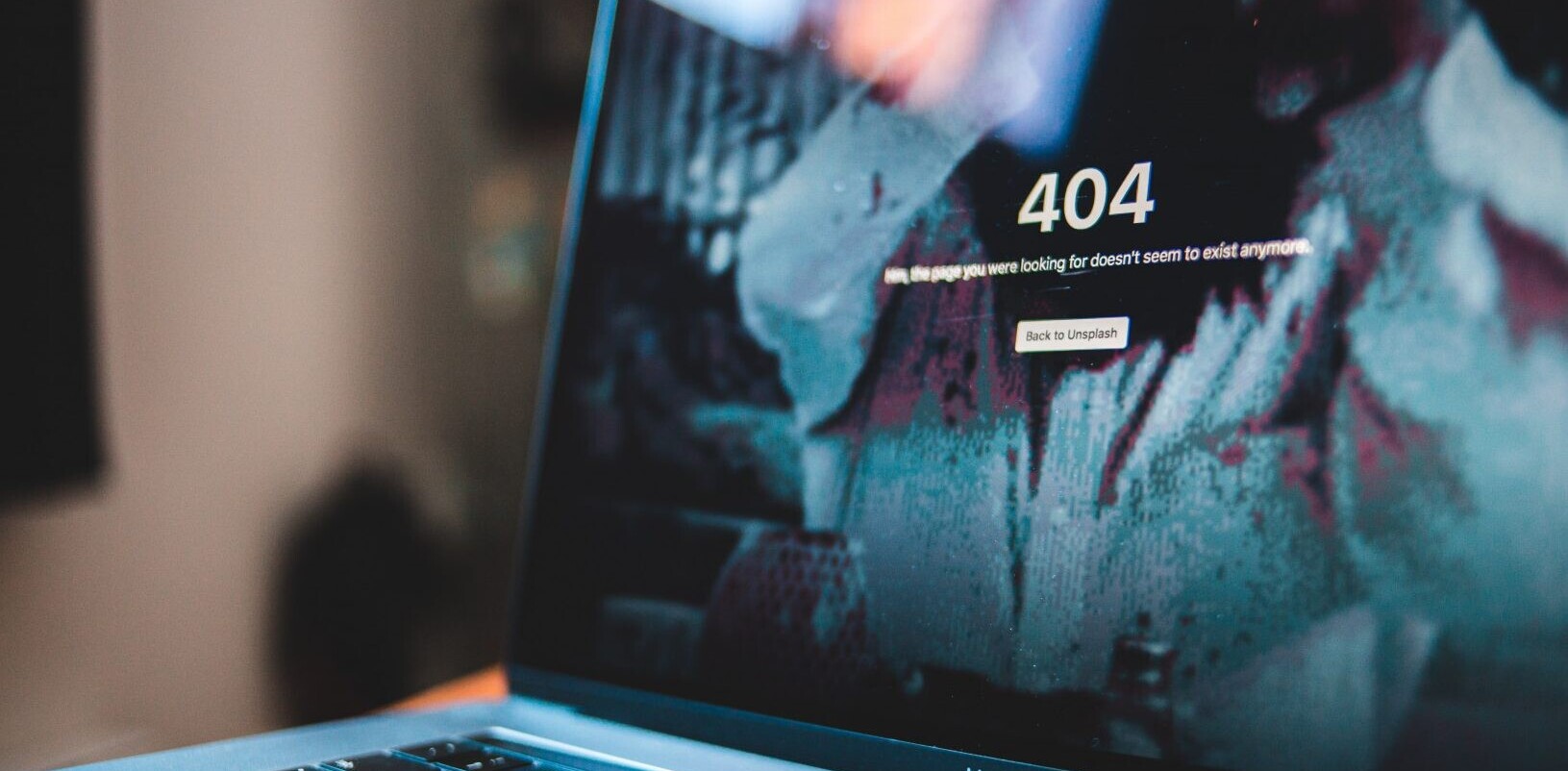
Apple has banned HKmap.live — a Waze-like crowdsourced maps app used by protestors in Hong Kong to track police movements in the city state — merely days after approving it.
The company told Reuters it made the decision after consulting with local authorities and that the “app violated its rules because it was used to ambush police and by criminals who used it to victimize residents in areas with no law enforcement.”
As it stands, the app’s web version is still accessible on the iPhone, as is its Android variant.
Earlier this month, Apple had rejected HKmap.live, stating it “it facilitates, enables, and encourages an activity that is not legal,” but eventually reversed its decision last week and approved the app to be listed on the App Store.
As per a tweet by HKmap.live’s anonymous developer, Apple notified them of the app’s removal today stating it “has been used in ways that endanger law enforcement and residents in Hong Kong.”
It’s worth pointing out that apps like Google-owned Waze, which offer similar functionality by allowing users to avoid police checkpoints, continue to be available on the App Store elsewhere — implying that Apple is clearly setting a double standard when it comes to app approvals.
“There is 0 evidence to support CSTCB’s (Hong Kong Cybersecurity and Technology Crime Bureau) accusation that HKmap App has been used to target and ambush police, threaten public safety, and criminals have used it to victimize residents in areas where they know there is no law enforcement,” the developer said in response.
1. We disagree @Apple and @hkpoliceforce ‘s claim that HKmap App endanger law enforcement and residents in Hong Kong.#HKmap #HKmaplive #HK #Censorship
— HKmap.live 全港抗爭即時地圖 (@hkmaplive) October 10, 2019
Apple’s earlier decision to approve the app had provoked strong condemnation from the Chinese state media, with People’s Daily — a Chinese Communist Party mouthpiece — claiming that “allowing the ‘poisonous’ app to flourish is a betrayal of the Chinese people’s feelings.”
Between a rock and a hard place
The about-turn comes as the iPhone maker removed the Taiwanese flag emoji — blocked in mainland China since 2017 — from iPhones sold in Hong Kong and Macau with the iOS 13.1.1 update released last month, highlighting the difficult balance the company must strike in supporting free speech while bowing down to pressures from Beijing.
China, for its part, has been actively trying to discredit the movement globally, leveraging social media platforms such as Facebook and Twitter to spread propaganda and silence dissent outside the Firewall. It was even found to activate its Great Cannon tool to briefly take down LIHKG, a forum that’s been crucial in organizing the anti-extradition bill protests.
HKmap.live is not the only app to get removed from the App Store. News publication Quartz had its mobile app pulled yesterday for serving “content that is illegal in China,” referencing its ongoing coverage of the pro-democracy protests raging in Hong Kong.
Apple has acquiesced to a number of other demands over the years, including removing VPN apps from the Chinese App Store — thereby restricting users from accessing overseas sites — and censoring Hong Kong singers from the Chinese version of Apple Music.
That’s not all. Apple shifted its iCloud operations to Guizhou-Cloud Big Data (GCBD), which reportedly has close ties to the Chinese government, to comply with China’s cybersecurity law that came into effect in 2017. Then last year, GCBD cut a deal with China Telecom, one of the three state-run telecom companies in the country, to move user data to the latter’s servers.
Back in August, after it emerged that Safari’s flaws served as the entry point for multiple iOS attacks aimed at the Uyghur Muslim minority, Apple issued a rare statement acknowledging the community had been the intended target while disputing the scale of the spyware campaign and completely side-stepping the brutal surveillance techniques employed by the government.
It’s a known fact that Apple — and other companies, including TikTok-maker ByteDance, that aim to gain a foothold in China — have to tread a fine line or risk losing business. The tech giant has a lot to gain financially by acceding to the nation state — most of Apple’s manufacturing transpires in China, and the country also happens to be a big market for Apple’s products.
If anything, the series of concessions outline the tricky trade-offs the tech giant has to make in order to continue operating in the market, even if that means losing its ethical and moral high ground.
By repeatedly running antithetical to its own global privacy and security mantra, Apple has only made it painfully obvious that it has one set of rules for China and another outside it.
Update on Oct. 11 10:00 AM IST: Apple CEO Tim Cook defended the move in an internal memo to employees, saying the company received “credible information” from authorities indicating the software was being used “maliciously” to attack police:
These decisions are never easy, and it is harder still to discuss these topics during moments of furious public debate. National and international debates will outlive us all, and, while important, they do not govern the facts. In this case, we thoroughly reviewed them, and we believe this decision best protects our users.
Get the TNW newsletter
Get the most important tech news in your inbox each week.




